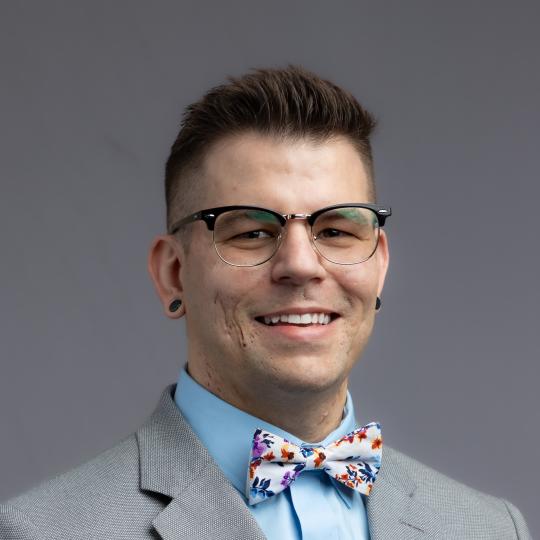Historic judge inspires students
October 1, 2014
History was made this year when President Obama nominated Staci M. Yandle to serve as a federal judge for Illinois’ Southern District.
Yandle came to the Lesar Law Building Monday for an event coordinated by SIU’s Paul Simon Public Policy Institute. She shared her perspective on growing up in southern Illinois, and becoming an accomplished attorney.
Born and raised in southern Illinois, Yandle is the first African-American judge to serve this position. She is also one of few openly gay judges on the federal court, and the first in the Seventh District.
Advertisement
The presentation caused one man in the crowd to ask who had inspired her to accomplish what she has.
“It takes a village; it takes more of a village depending on the individual. It took all the village leaders for me,” Yandle said. “My parents were both teachers in the East St. Louis School District. I couldn’t do anything and get away with it.”
She credits the community atmosphere in southern Illinois as an aid to her accomplishment, she said. When asked about how young people can make a difference and promote positive change, Yandle said it takes action.
“You have to care,” she said. “You have to get together with like-minded individuals and do more than talk the talk. Figure out what it is that you can actually affect and come together. Excuse my language; you just have to give a damn. That’s where it starts, with young people like you.”
She also spoke about her new role as federal judge, especially in regards to a decision by the U.S. Sentencing Commission that will have a huge effect on the nation.
The decision can retroactively reduce the sentences for more than 46,000 nonviolent drug offenders in federal prison. Next November, when the prisoners are eligible for release, there will be an unprecedented number of people leaving prison, Yandle said.
The population of the United States has grown nearly 33 percent since 1980, while the federal prison population grew 800 percent mostly because of harsher sentences for drug crimes, according to Attorney General Eric Holder. Holder attributed the increase in prisoners to mandatory sentencing guidelines.
Advertisement*
The decision will also give judges more leeway in deciding future drug cases, Yandle said. Jeffrey Nowacki, assistant professor of criminology, said he supports the decision to give judges more discretion.
“Judicial discretion is good for society,” Nowacki said. “I think more discretion, within reason, is a good thing to have.”
Yandle said the public needs to be aware of the coming release.
“Release is the beginning of the story, we need to get people the resources and services necessary to re-enter society. It is already a concern,” Yandle said.
Services to help reintegrate these prisoners into society will be overwhelmed and they need to be prepared, she said. Despite this, she said she agreed with the decision to let nonviolent offenders be eligible for early release.
“Many [drug offenders] probably should not have served a day in jail,” Yandle said.
The judge praised David Yepsen, director of the Paul Simon Public Policy Institute. She said it was refreshing to see a “do tank,” that actually brings ideas into reality, instead of just a “think tank.”
Yandle was asked how she got her new job as federal judge and offered advice for young people with similar aspirations.
“[It was] blessed luck and timing. You don’t prepare for this job,” she said. “Live a relatively clean life, or one that they can’t find out about thirty years later.”
Sean Phee can be reached at sphee@dailyegyptian.com or at536-3311.ext. 254.
Advertisement








